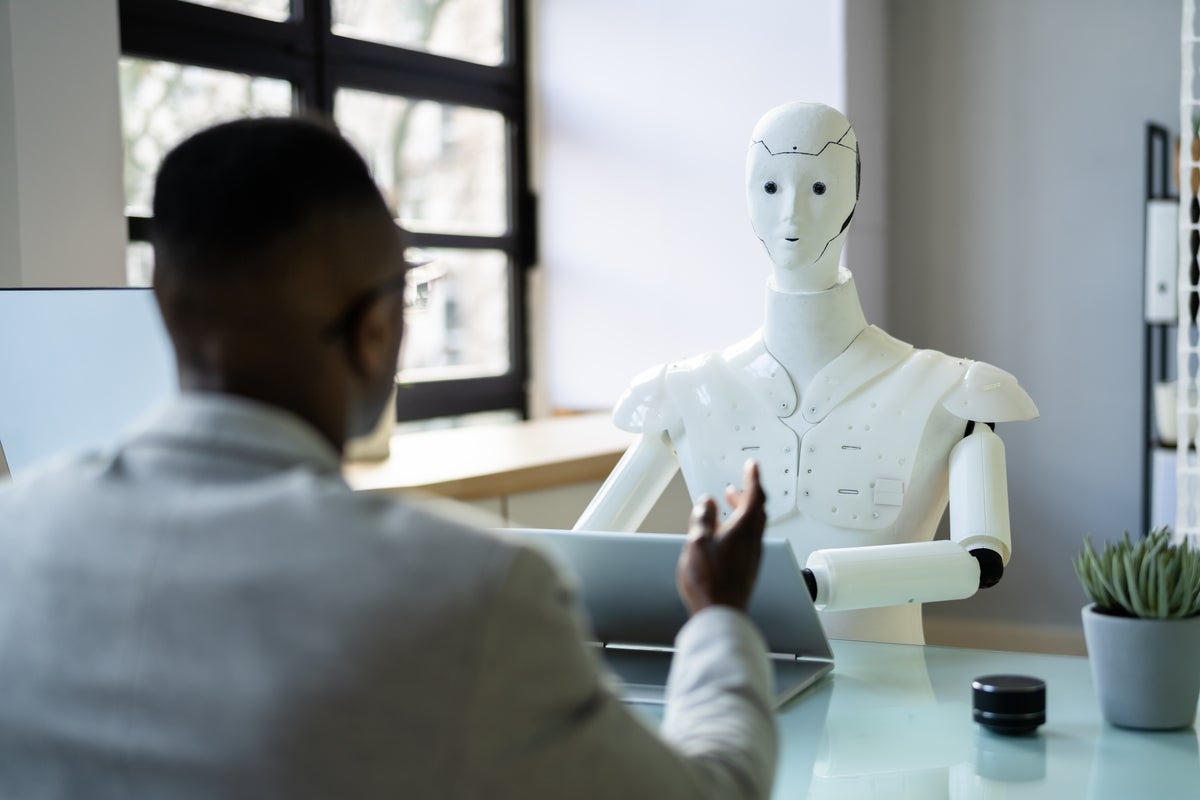Keith Sonderling, commissioner of the US Equal Employment Opportunity Commission (EEOC), has for years been sounding the alarm about the potential for artificial intelligence (AI) to run afoul of federal anti-discrimination laws such as the Civil Rights Act of 1964.
It was not until the advent of ChatGPT, Bard, and other popular generative AI tools, however, that local, state and national lawmakers began taking notice — and companies became aware of the pitfalls posed by a technology that can automate efficiencies in the business process.
Instead of speeches he’d typically make to groups of chief human resource officers or labor employment lawyers, Sonderling has found himself in recent months talking more and more about AI. His focus has been on how companies can stay compliant as they hand over more of the responsibility for hiring and other aspects of corporate HR to algorithms that are vastly faster and capable of parsing thousands of resumes in seconds.
Computerworld spoke with Sonderling about how companies can deal with the collection of local, state, federal, and international laws that have emerged to ensure AI’s potential biases are exposed and eliminated. The following are excerpts from that interview:
EEOC
EEOC Commissioner Keith Sonderling
How have you and the EEOC been involved in addressing AI’s use in human resources and hiring? “I’ve been talking about this for years, but now everyone wants to hear about what I’ve been talking about.
“We’re the regulating body for HR. Usually, the demands on the EEOC commissioner are to talk about workplace trends, workplace discrimination and all those issues. With AI impacting HR specifically, now there’s a lot of interest in that — not just in the terms of the traditional lawyer, or government affairs aspect but more broadly in terms of the technology as a whole.
“It’s a technology most laypeople can understand because everyone’s applied for a job, everyone’s been in the workforce. If you’re going to be in the workforce you’re going to be subject to this technology, whether it’s through resume screening…or more advanced programs that determine what kind of worker you are or what positions you should be in. This extends all the way to automating the performance management side of the house. Really, it’s impacted all aspects of HR, so there’s a lot of demand in that.
“More broadly, because I was one of the government officials to talk about this early on, now I talk about broad AI governance for corporations and what they can be doing to implement best practices, policies and procedures internally.
What is your opinion on how various nations and localities are addressing AI regulation. China has moved quickly because it sees both the threat posed by AI and its potential. They want to get their hooks into the tech. Who’s doing the best job? “That’s why it’s so interesting thinking about how AI is going to be regulated and…
2023-07-31 10:00:04
Article from www.computerworld.com rnrn
